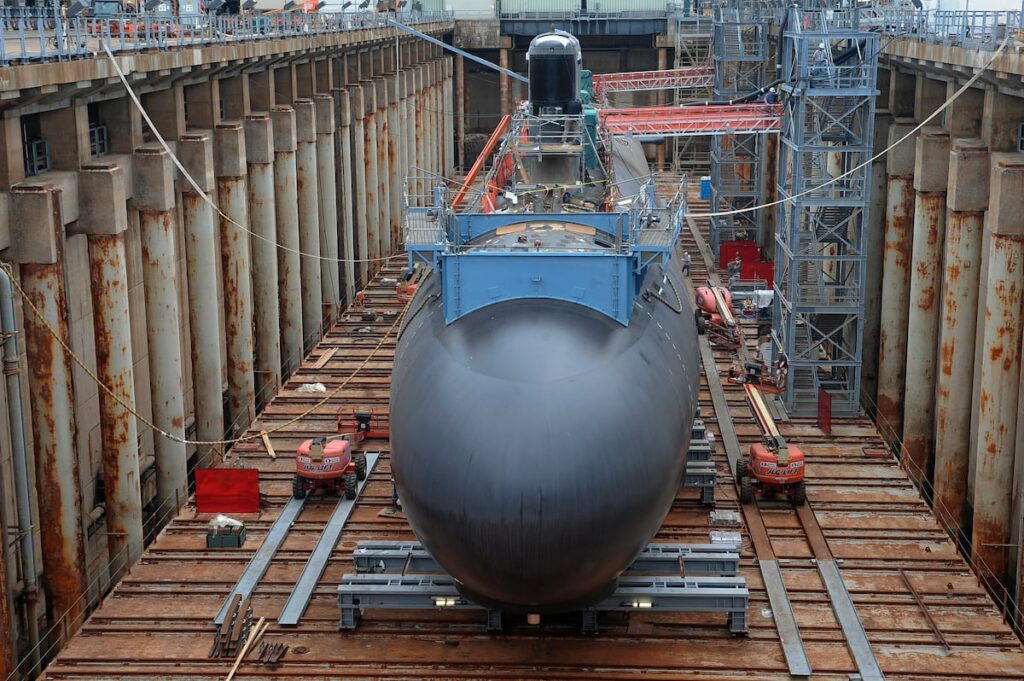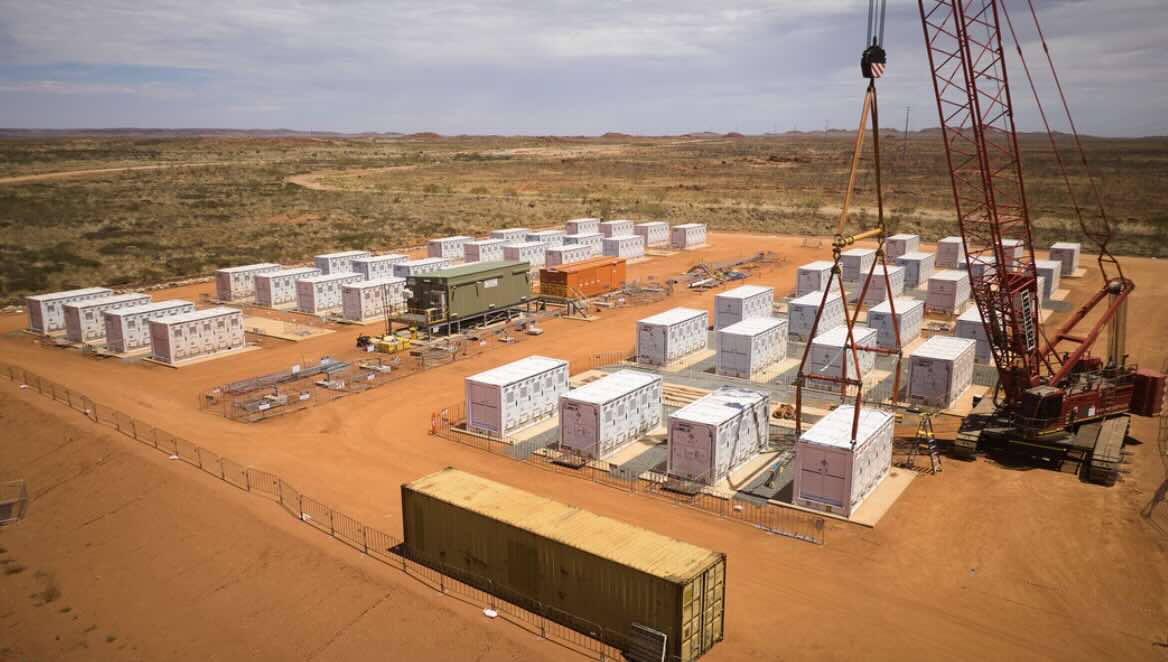
U.S. lawmakers from both parties are urging the Trump administration to maintain the AUKUS security partnership, a trilateral agreement designed to supply Australia with nuclear-powered submarines. This plea comes as the Pentagon reviews the agreement, raising questions about the American industrial infrastructure’s capacity to meet shipbuilding demands.
Two weeks ago, the Defense Department announced it would review AUKUS, the four-year-old pact signed by the Biden administration with Australia and the United Kingdom. The review signifies the Republican administration’s scrutiny of a partnership many deem critical to countering China’s influence in the Indo-Pacific. The review is expected to conclude in the fall.
“AUKUS is essential to strengthening deterrence in the Indo-Pacific and advancing the undersea capabilities that will be central to ensuring peace and stability,” stated Republican Rep. John Moolenaar of Michigan and Democratic Rep. Raja Krishnamoorthi of Illinois in a July 22 letter to Defense Secretary Pete Hegseth. Moolenaar chairs the House panel on China, while Krishnamoorthi serves as its top Democrat.
Challenges Facing U.S. Shipbuilding
The review emerges as the Trump administration seeks to rebalance global security concerns amid a weakened industrial base that has limited U.S. warship production capabilities. Elbridge Colby, the third-ranking Pentagon official leading the review, has expressed skepticism about the partnership’s feasibility.
“If we can produce the attack submarines in sufficient number and sufficient speed, then great. But if we can’t, that becomes a very difficult problem,”
Colby remarked during his confirmation hearing in March. He emphasized the need to restore the U.S. defense industrial capacity to avoid difficult choices and enable production for allies.
By the Numbers: AUKUS and U.S. Shipbuilding
As part of the $269 billion AUKUS partnership, the United States plans to sell three to five Virginia-class nuclear-powered submarines to Australia, with the first delivery anticipated by 2032. Additionally, the U.S. and the U.K. will assist Australia in designing and building another three to five attack submarines, forming an eight-boat force for Australia.
A March report by the Congressional Research Service warned of U.S. shipbuilding capacity issues, including workforce shortages and supply chain insufficiencies, which jeopardize the partnership. The report noted that selling vessels to Australia could lead to a two-decade shortage of attack submarines for the U.S. Navy.
Currently, U.S. shipyards have been producing only 1.2 Virginia-class submarines annually since 2022, despite the Navy’s orders for two boats per year over the past decade.
Australia’s Investment and Commitment
Australia has committed $1 billion to the U.S. submarine industrial base, with an additional $1 billion expected by the year’s end. The total contribution is set to reach $3 billion, aimed at accelerating U.S. production rates and maintenance to ensure timely delivery of Australia’s future Virginia-class submarines.
“Australia was clear that we would make a proportionate contribution to the United States industrial base,” an Australian defense spokesperson stated in July. The three nations have also tested communication capabilities with underwater autonomous systems and plan to co-develop advanced technologies, including hypersonic capabilities.
At the Aspen Security Forum, Kevin Rudd, the Australian ambassador to the United States, reaffirmed Australia’s commitment to increasing defense spending to support its nuclear-powered submarine program. This includes establishing maintenance facilities for the U.S. Indo-Pacific fleet in Western Australia.
Strategic Importance of AUKUS
Bruce Jones, a senior fellow with the Strobe Talbott Center for Security, Strategy and Technology, emphasized the strategic significance of positioning submarines in Western Australia. “The right answer is not to be content with the current pace of submarine building. It’s to increase the pace,” Jones stated, highlighting the importance of the partnership for American deterrence in the Western Pacific.
Jennifer Parker, a former Royal Australian Navy officer and founder of Barrier Strategic Advisory, argued that the partnership should not be viewed as a zero-sum game. “This is not a deal that just benefits Australia,” she noted, pointing to the operational advantages for the U.S. from maintaining submarines in Australia.
Defense policy remains a rare area of bipartisan agreement, with lawmakers from both parties supporting AUKUS despite the Pentagon’s review. Congressional appropriations totaling $10 billion since 2018 aim to ensure the U.S. has enough ships to allow sales to Australia.
Sen. Tim Kaine, D-Va., expressed confidence in the partnership’s bipartisan support, particularly within the Armed Services Committee. “There is a little bit of mystification about the analysis done at the Pentagon,” Kaine remarked, suggesting the analysis might ultimately affirm the partnership’s benefits.







